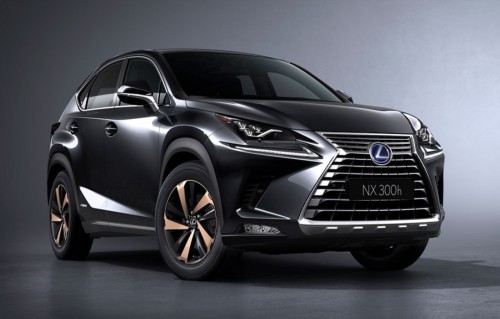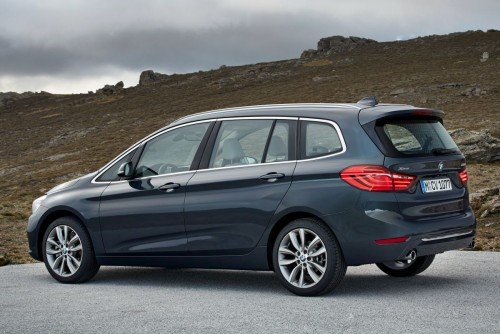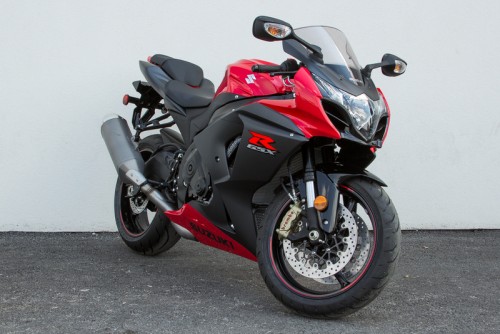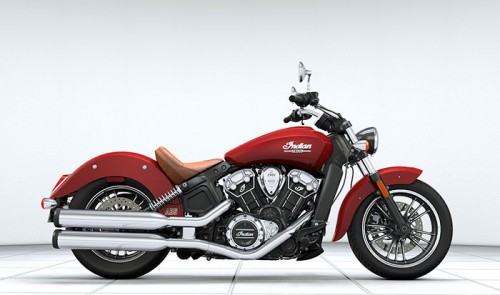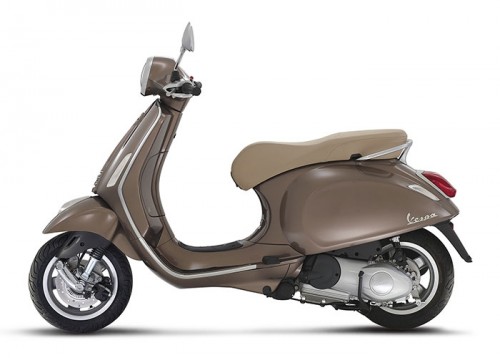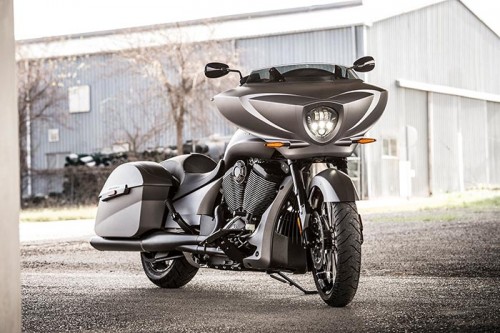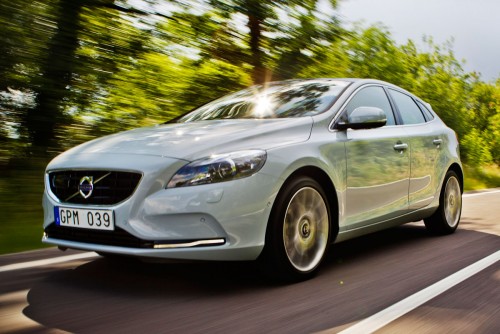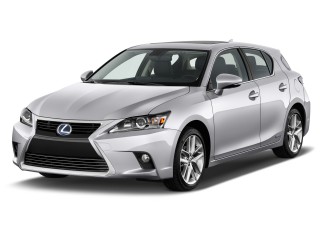New Bikes of Donkervoort
About Donkervoort
Donkervoort Automobielen BV is a manufacturer of authentic hand-built and ultra light weight sports cars based in Lelystad in The Netherlands. This car brand was founded in 1978 by Joop Donkervoort.
In 1996, Donkervoort's Ford engines were replaced by Audi engines. Donkervoorts motto - "No Compromise" - means driving without any electronic aids such as ABS (Anti-lock braking system), Electronic stability program (ESP) or power steering.
Previous models
Donkervoort S7
The first Donkervoort - the S7 - was introduced in 1978. These cars have a Ford Crossflow 1.6 liter OHV engine with 90 PS (66 kW) and a four-speed manual transmission. Top speed was 170 km/h (106 mph).[1]
Donkervoort S8/S8A
Introduced in late 1983, the S8 and later S8A were the first Donkervoorts of notice, with the "Eight" implying an improvement over the Lotus Seven. Of exactly the same dimensions as the Donkervoort Super Seven, these cars originally used a two-liter inline-four engine from Ford of Europe.[1]
Donkervoort S8AT
Responding to the need for more power, a turbocharged version of the S8 soon appeared; this car is identifiable by a profusion of various vents and openings to cool the engine.
Donkervoort S8AT
Responding to the need for more power, a turbocharged version of the S8 soon appeared; this car is identifiable by a profusion of various vents and openings to cool the engine.
Donkervoort D10
This sleek, minimalist version was built in a very limited series of ten to celebrate Donkervoort's tenth anniversary in 1988. The cars lacked a spare wheel as well as a windshield, but benefitted from an enlarged (2,160 cc) version of the Ford engine with a bigger Garrett T3 turbocharger, producing 190 PS (140 kW). The last car was only built in 1994, with some of the later examples receiving Cosworth engines with up to 300 PS (221 kW).
Donkervoort D8 Audi (E-gas) Wide Track (2003–2012)
Since 2003, the Donkervoort is equipped with the Audi 1.8T 20V E-gas turbocharged engine. In the D8, the engine is available with 150 bhp, 180 bhp, 210 bhp and 270 bhp. Thanks to its total weight of 630 kilograms, this results in an acceleration time from 0 to 100 km/h between 3.8 and 5.2 seconds depending on the type.
Donkervoort D8 270 (2008–2012)
The Donkervoort D8 270 is available since the summer of 2008. This version of the D8 series became the successor of the D8 270 RS, the limited edition that was introduced in 2005. The D8 270 has a restyled nose and grill that refer directly to the D8 GT and accelerates from 0–100 km/h in 3.6 seconds.
This car was as of 2011 one of the ten fastest production cars on the famous Nurburgring Nordschleife at 7m 14.9s.
Donkervoort D8 GT (2007–2012)
The Donkervoort D8 GT - introduced in 2007 - is the first closed Donkervoort. Compared to the open version of the D8, the D8 GT has entirely new front and rear suspension, increased track width by 8 centimeters, larger brakes for increased stopping power and 17-inch aluminum wheels. With a total weight of 650 kg, the D8GT is the lightest GT in the world. This is largely due to the extensive use of carbon fiber: the entire roof, the entire rear and the doors and fenders of the car are made of this material.
Current models
Donkervoort D8 GTO (2013–present)
The Donkervoort D8 GTO is a completely new creation. The engine, a 2.5L TFSI 5-cylinder turbocharged Audi engine, has a power output of 250-280 kW (340-380PS) and 450Nm of torque at 1600rpm, and the whole car weighs less than 700 kg. This low weight is due to composite materials such as the full carbon fibre body of the D8 GTO. With a power-to-weight ratio of just 1.8 kg/PS the car accelerates from 0–100 km/h in 2.8s and from 0–200 km/h in just 8.6s. The very first GTOs will be produced in a limited series of 25 Premium D8 GTOs for 2013 (a full option GTO and the ultimate in lightweight and power). The production of the regular D8 GTO starts in 2014.




 Home
Home









